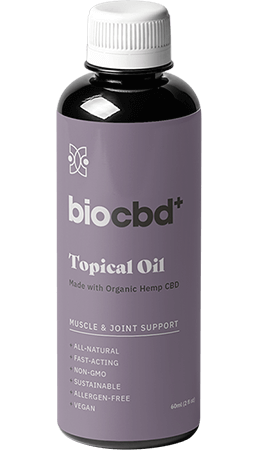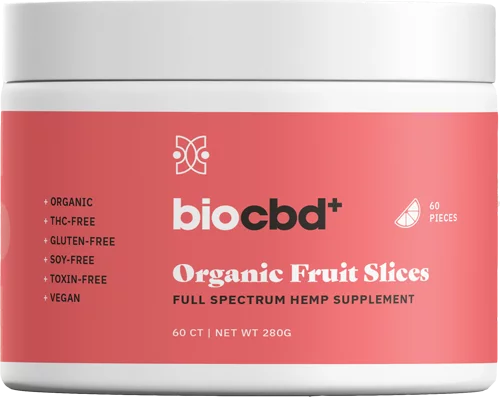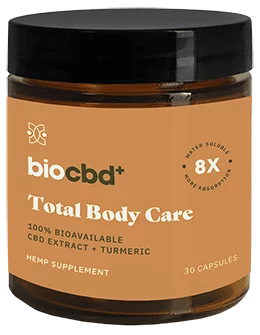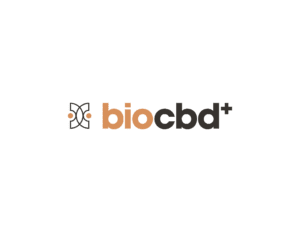FIRST WATER-SOLUBLE CBD COMPANY
biocbd+ CBD Store
Harnessing Nature for Wellness
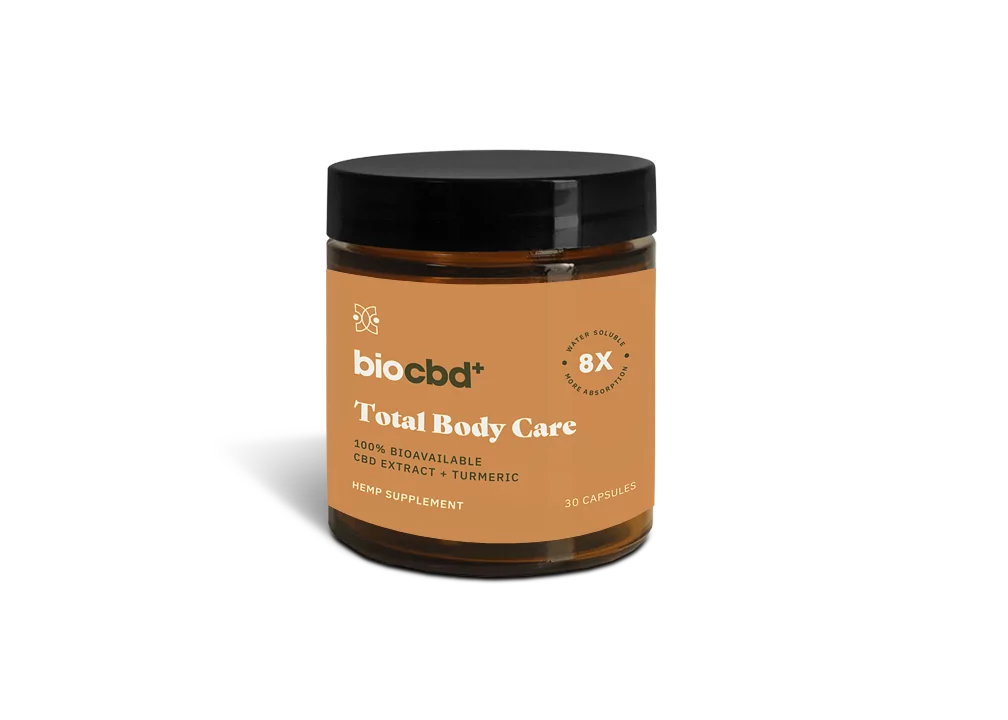


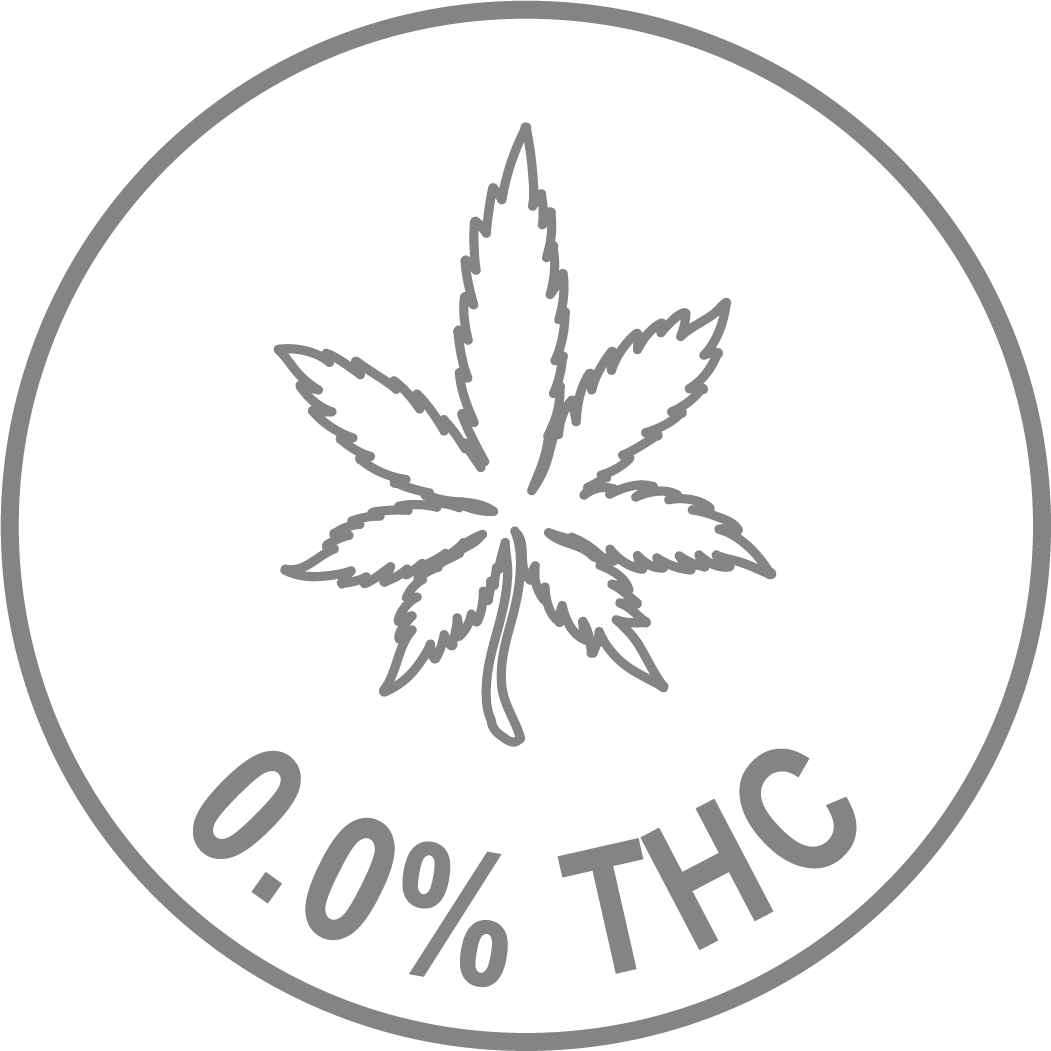
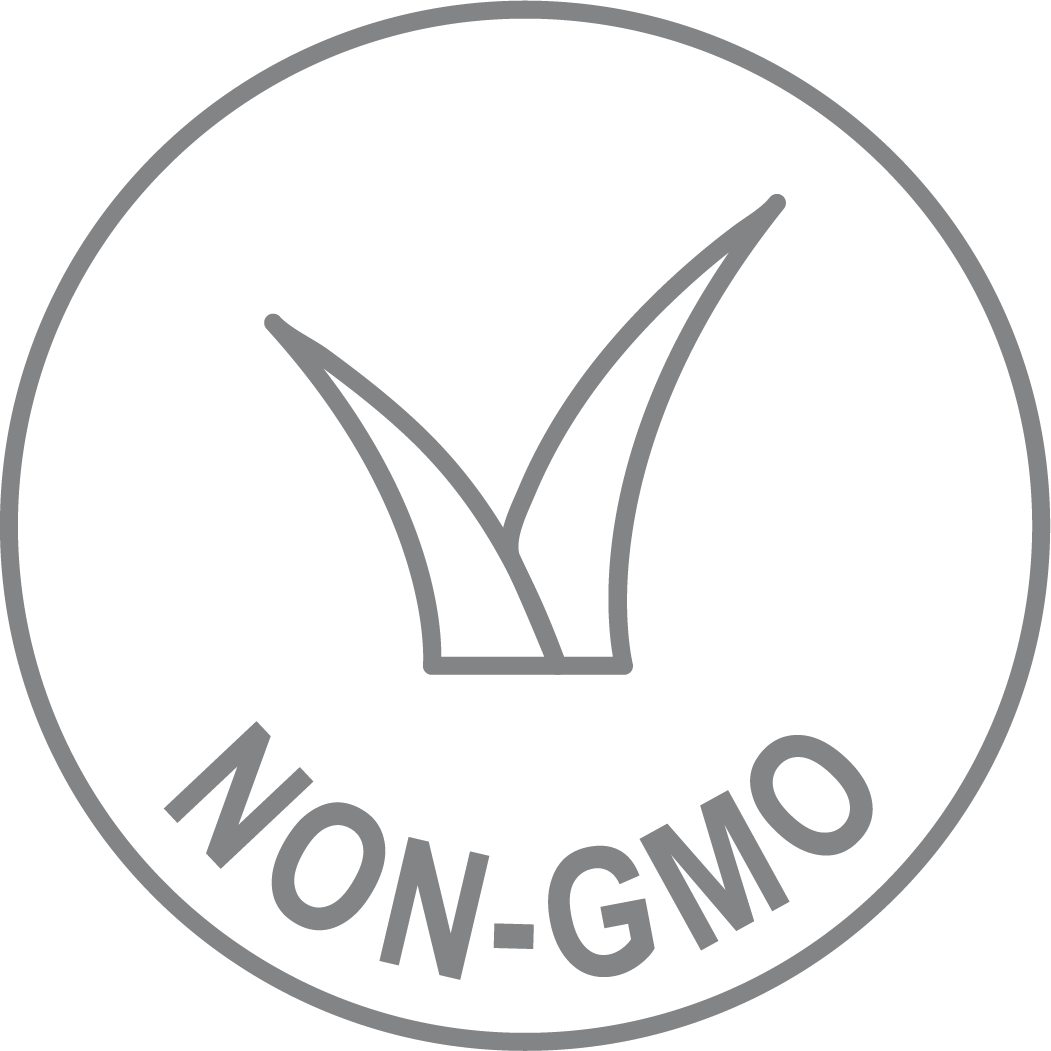
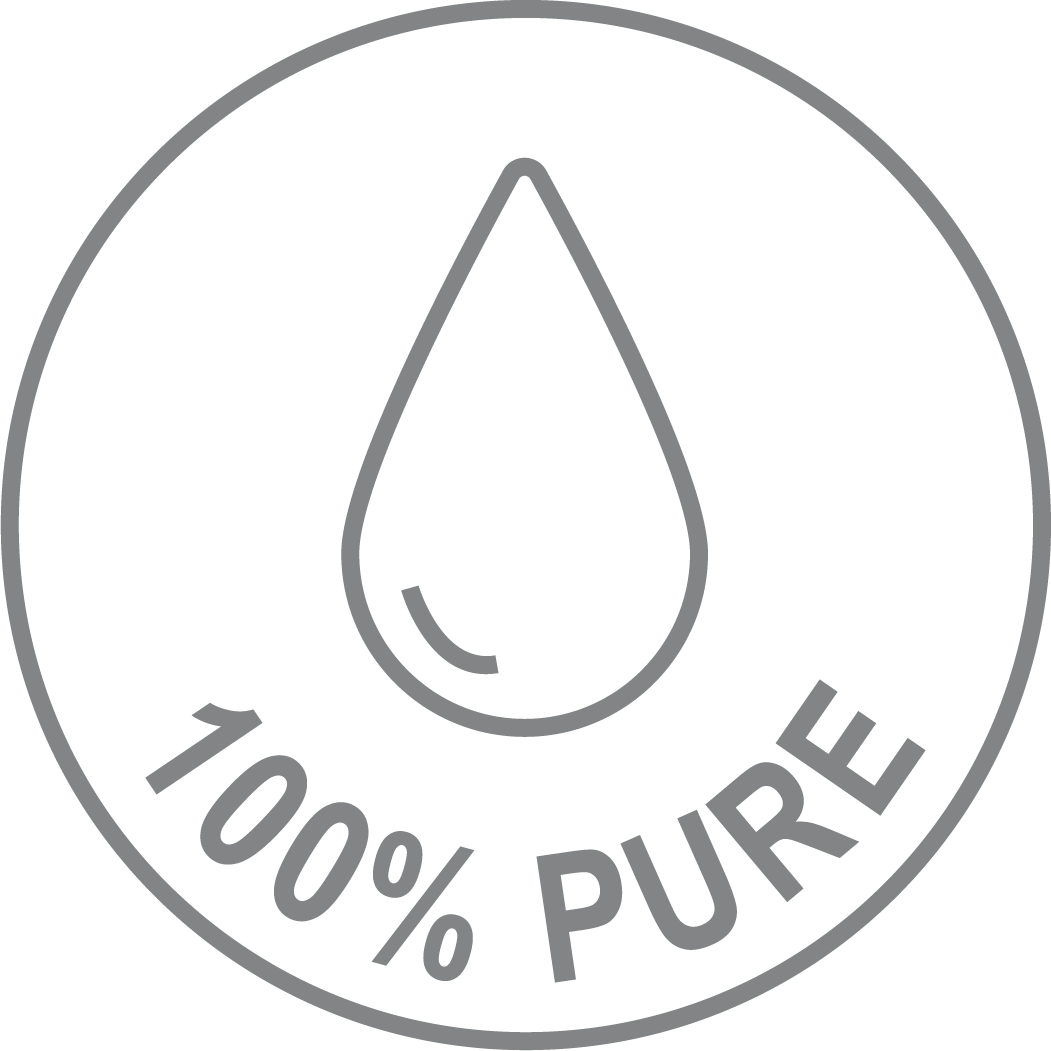

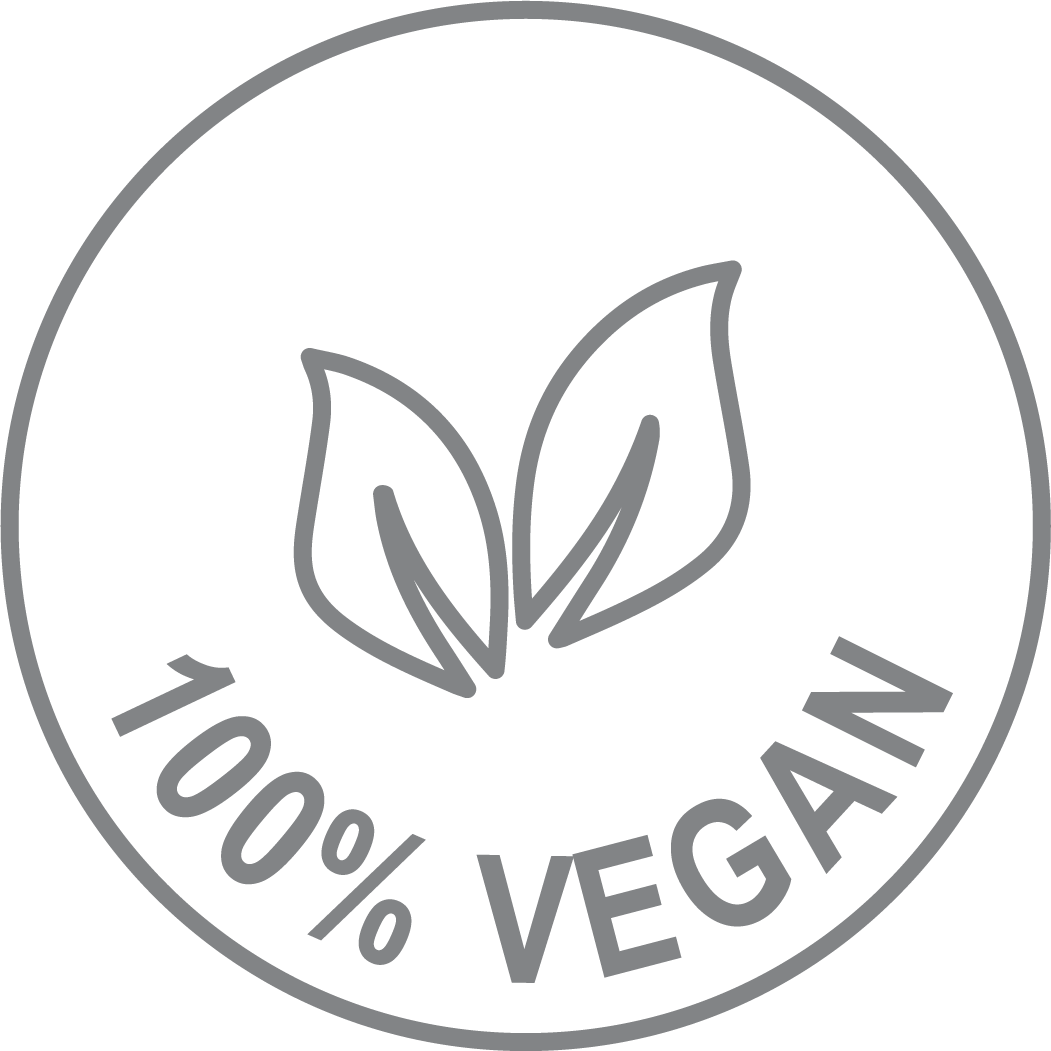
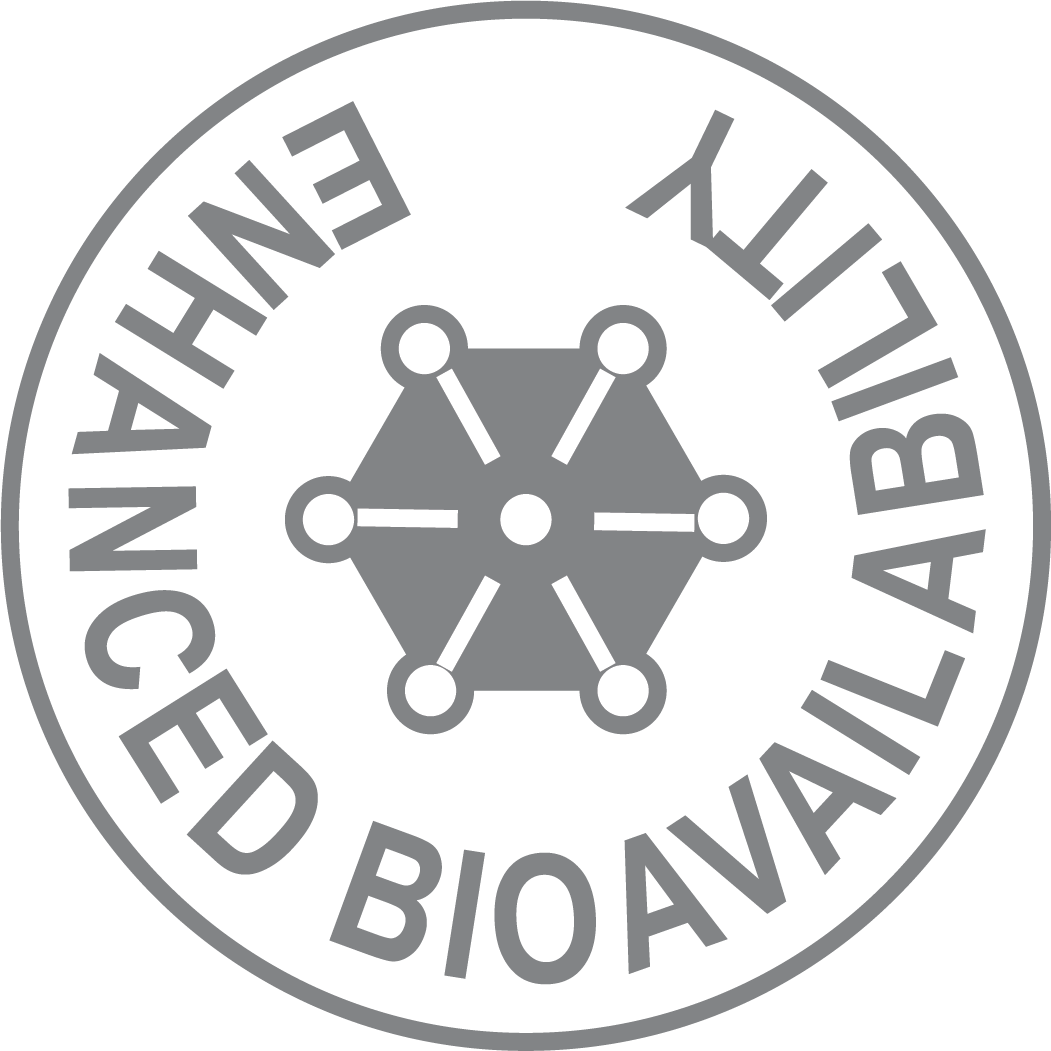
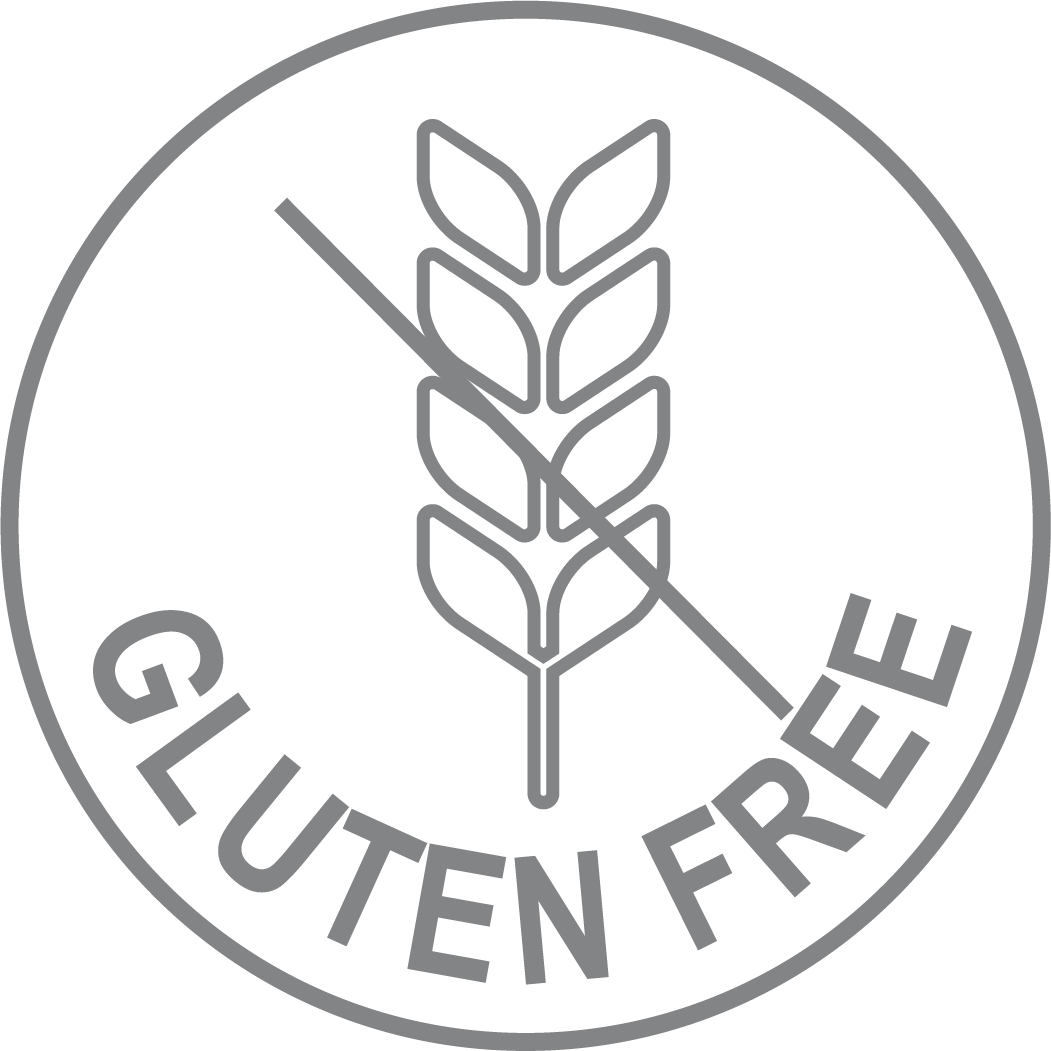
biocbd+ bestsellers
Looking for CBD for sale? These top-rated CBD products have captured the hearts and trust of countless customers worldwide, providing them with the transformative benefits of premium CBD-infused supplements.
Introducing our Revolutionary Water Soluble CBD Products
At biocbd+, we’re proud to introduce you to a new era of water-soluble CBD supplementation. Our water soluble CBD products are meticulously formulated using our patented process, combining THC-free, broad-spectrum hemp extract with the powerful properties of organic turmeric (curcumin). This unique combination creates water-soluble CBD nanoparticles that are easily absorbed by your body, resulting in faster, more potent effects.
Better Absorption.
Better Benefits.
Our flagship product, Total Body Care, was the first water-soluble CBD product on the market. It’s 5x – 10x more potent than oil-based products, so you can start feeling better — faster.
The biocbd+ Wholesale Program
Step into a booming market with the biocbd+ wholesale program, a fantastic business opportunity that combines profitability with promoting wellness. Our organic CBD products are not just a favorite choice among consumers; they are a ticket to thriving in a rapidly growing industry. By offering biocbd+ in your lineup, you’ll be presenting a product range that’s synonymous with quality, trust, and sustainability. We offer a straightforward and accessible path to diversifying your business offerings, with the added benefit of promoting healthier lifestyles in your community. Don’t miss out on this chance to elevate your business with biocbd+
THE SCIENCE BEHIND OUR CBD PRODUCTS
At biocbd+, we’re proud to be pioneers as the first US water-soluble CBD company. Our patented bioavailability technique ensures optimal absorption and remarkable results. But our dedication to crafting exceptional CBD products goes beyond enhanced bioavailability. We thoughtfully curate each product with a harmonious blend of Ayurvedic ingredients sourced from nature’s bounty. Embark on a transformative journey where science meets nature with our 100% organic formulations.
Maximum Potency. Minimal Ingredients.
biocbd+ products are formulated with clean, simple ingredients.
By combining 100% organic full-spectrum hemp oil and Ayurvedic herbs, we craft CBD formulations with enhanced bioavailability that require much lower servings than traditional CBD products.
Basically, we make CBD products that actually work.
Uninterrupted CBD Bliss:
Receive Your Organic CBD Products Every Month
Our CBD store is offering monthly subscriptions for people who decide to commit to their well-being and integrate our CBD products into their lifestyle. No need to buy CBD every month, we’ll take care of delivering your favorite organic CBD products right to your doorstep.
Member benefits:
✓ 50% off initial order
✓ 35% off every shipment
✓ Free US shipping
✓ Exclusive, members-only promotions
✓ Risk-free. Cancel, pause, or skip any time.
Real Stories of Transformation
At biocbd+, we are honored to share the inspiring stories of our CBD shop’s customers who have experienced remarkable transformations on their wellness journeys after incorporating our CBD products in their life. Their stories reflect the dedication and passion we pour into crafting the highest quality products that truly make a difference. Join our community healthy and happy humans, and unlock your own potential for a life of wellness and vitality.
It Actually Works!!
It’s really hard to find things that really work. But this actually really does what it says it will do. So after trying it for a number of months, I now do subscribe and save.
Very good product!
Very good product! My homeopathic medical doctor recommended this product.
I love biocbd+!
I love biocbd+! I’ve been shopping with them for several years and haven’t ever had any problems. The products are always high quality and very effective.
Absolutely the most effective…
Absolutely the most effective CBD I have ever taken!
The best CBD product!
I have been using biocbd+ Total Body Care daily since 2016. I have been taking 1-2 tablets nightly to help with sleep. I have shared this product with friends, all of whom were grateful and reported benefits. I’ve tried other brands. This is the best product I’ve found.
Amazing!
I can’t say enough good about this company. Not only are their products great, but their customer service is amazing as well!
Highly Recommended!
I’ve been researching CBD products for quite some time now, and never committed to trying a product. Ben Greenfield recommended this product in his book “Boundless,” so I decided to give it a try. By itself, I notice that I feel much calmer and relaxed after a single 10mg serving. I definitely recommend this if you are looking to try CBD.
My family loves it!!
I have been using the biocbd+ topical oil for over a year now. It came highly recommended by one of my favorite podcasters. Not only does their product work, but they have great support. I was leaving for vacation and needed to move my order up. They added priority shipping at no extra cost and got it to me on time. Just about all family members that try this out say wow. Thank you for such a great product.
Everyone should try this!
I want to thank you for your topical oil. I began using your product years ago when a friend shared hers with me after I had thrown out my back. Every since, I have shared then end of each bottle that we have purchased with friends and family, and they are all using it now. We spread the news about your product all of the time.
Very impressive!
I have been a customer for many years. I use the CBD oil and capsules EVERY DAY! The oil really helps keep my feet and knees ready for my active life at 65 years young. The capsules help me have even keel mindset. I have recommended the oil to several people who have been amazed by the quick results.
Great product for sleep and relaxation! I’ve noticed I fall asleep faster and sleep longer when taking these gummies. You may need to experiment with the dosage (3-4 prior to bed does it for me). Overall, I’m loving the product and am excited to track how it improves my recovery and sleep performance.
The gummies are great little pick me before I work out
I’ve used capsules and topical based on Ben Greenfield’s recommendation. Now, I bought the gummies to see what they were about and these are awesome! I eat one after dinner as a reward for a long day and they seem to really calm me down and help me sleep better.
I recently purchased the Total Body Care capsules and the CBD gummies too. I cannot say enough regarding how well these products work! Highly recommended! I came online to order more and thought to give a shout out to one awesome company and their clean and pure products.
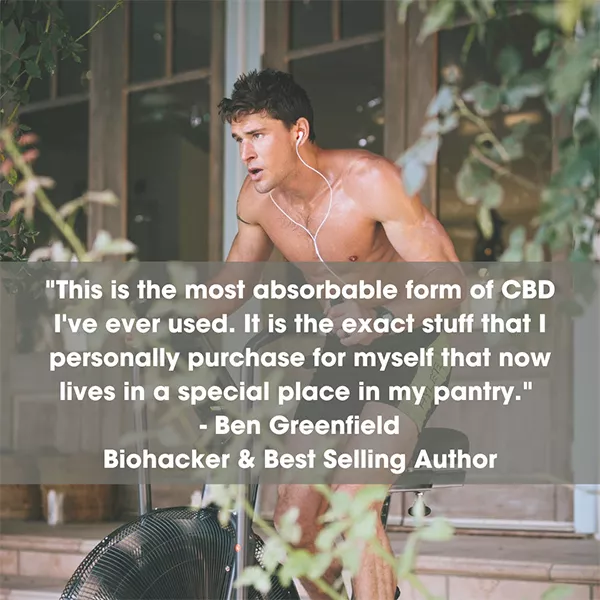
It Actually Works!!
It’s really hard to find things that really work. But this actually really does what it says it will do. So after trying it for a number of months, I now do subscribe and save.
Very good product!
Very good product! My homeopathic medical doctor recommended this product.
I love BioCBDPlus!
I love BioCBDPlus! I’ve been shopping with them for several years and haven’t ever had any problems. The products are always high quality and very effective.
Absolutely the most effective…
Absolutely the most effective CBD I have ever taken!
I have been using BioCBD+ Total Body Care daily since 2016. I first ordered to help with inflammation/pain during recovery from a knee replacement. I needed less oxy type pain killers as a result. Since then, I have been taking 1-2 tablets nightly to help with sleep. I have shared this product with friends, all of whom were grateful and reported benefits. I’ve tried other brands. This is the product I’ve found.
I can’t say enough good about this company. We have a 12 year old grandson who is battling brain cancer, and over the past few years their Total Body Care CBD has helped him with his severe anxiety so much! Not only are their products great, but their customer service is amazing as well!
I’ve been researching CBD products for quite some time now, and never committed to trying a product. Ben Greenfield recommended this product in his book “Boundless,” so I decided to give it a try. By itself, I notice that I feel much calmer and relaxed after a single 10mg serving. I definitely recommend this if you are looking to try CBD.
I have been using the biocbd+ topical oil for over a year now. It came highly recommended by one of my favorite podcasters. I found out why as my pain levels dropped almost immediately after rubbing this on my neck and shoulder. 10 years of pain and three 3 surgeries had me accustomed to taking pain killers and other pharmaceuticals to manage. This product was one of the final changes I made to get off all pharmaceuticals. Not only does their product work, but they have great support. I was leaving for vacation and needed to move my order up. They added priority shipping at no extra cost and got it to me on time. My family was appreciative. My dads arthritis pain diminished after rubbing some of this stuff on. Just about all family members that try this out say wow. Thank you for such a great product.
I want to thank you for your topical oil. It made an amazing difference in my husband’s pain when the cancer moved to his bones. I began using your product years ago when a friend shared hers with me after I had thrown out my back. Every since, I have shared then end of each bottle that we have purchased with friends and family, and they are all using it now. We spread the news about your product all of the time.
My family and myself benefited from topical oil during vacation. We are usually go go go and it takes a toll on the body. My dad has wrist arthritis and when we put some on he was like wow, my wrist feels better like 5min later. Very impressive!
Great product for sleep and relaxation! I’ve noticed I fall asleep faster and sleep longer when taking these gummies. My Whoop “recovery” is almost always in the green the morning after. You may need to experiment with the dosage (3-4 prior to bed does it for me). Overall, I’m loving the product and am excited to track how it improves my recovery and sleep performance.
The gummies are great little pick me before I work out
I’ve used capsules and topical based on Ben Greenfield’s recommendation. Now, I bought the gummies to see what they were about and these are awesome! I eat one after dinner as a reward for a long day and they seem to really calm me down and help me sleep better.
I recently purchased the Total Body Care capsules and the CBD gummies too. I cannot say enough regarding how well these products work! I recently had knee surgery ( ouch) and these supplements and gummies have truly helped with my inflammation, pain, and sleep. My surgeon says that I can use the topical again soon ( once surgical site/ wound is fully closed, so I’m looking forward to getting back to using the topical oil CBD. biocbd+ has truly helped me in so many ways! Highly recommend! I came online to order more and thought to give a shout out to one awesome company and their clean and pure products.



